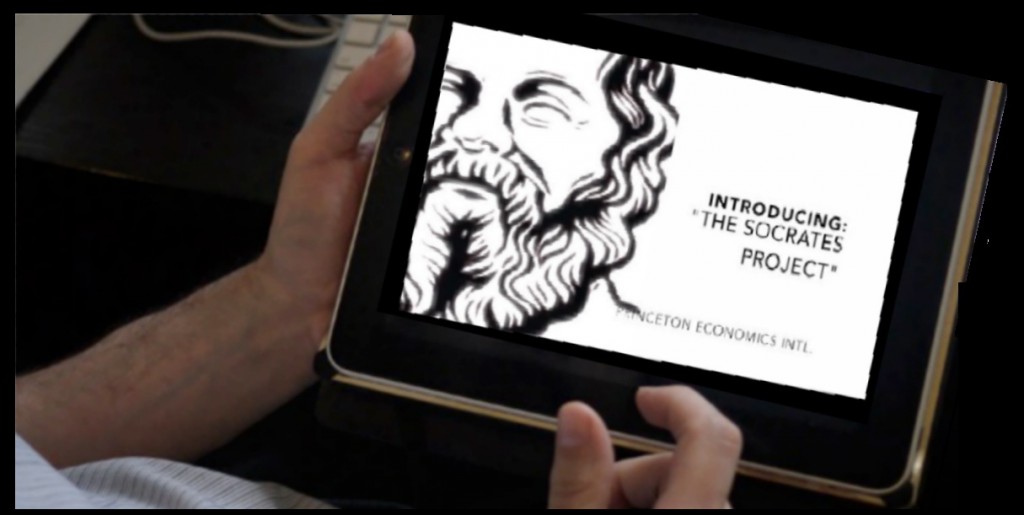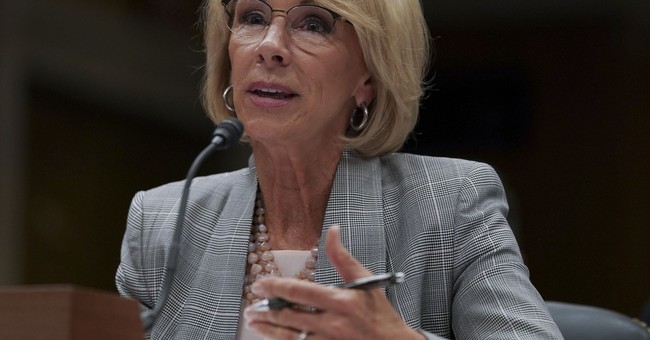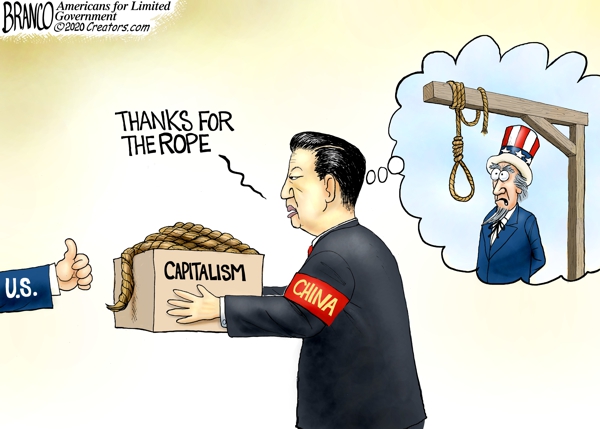Guest Post by Dan Calabrese
I’m not so sure it’s about saving lives anymore, as much as it’s about control and not admitting the other side might be right.
But if you’re interested in saving the most lives and doing the least economic damage, you might be interested in a study from the National Bureau of Economic Research, which asserts strongly that what we’re doing now is counterproductive – and that there’s a better way forward:
Our MR-SIR model enables a tractable quantitative analysis of optimal policy similar to those already developed in the context of the homogeneous-agent SIR models. For baseline parameter values for the COVID-19 pandemic applied to the US, we find that optimal policies differentially targeting risk/age groups significantly outperform optimal uniform policies and most of the gains can be realized by having stricter lockdown policies on the oldest group.
For example, for the same economic cost (24.3% decline in GDP), optimal semi–targeted or fully-targeted policies reduce mortality from 1.83% to 0.71% (thus, saving 2.7 million lives) relative to optimal uniform policies. Intuitively, a strict and long lockdown for the most vulnerable group both reduces infections and enables less strict lockdowns for the lower-risk groups. We also study the impacts of social distancing, the matching technology, the expected arrival time of a vaccine, and testing with or without tracing on optimal policies. Overall, targeted policies that are combined with measures that reduce interactions between groups and increase testing and isolation of the infected can minimize both economic losses and deaths in our model.
Continue reading “Study from MIT professors: Targeted lockdowns would save more lives, hurt economy less”

















